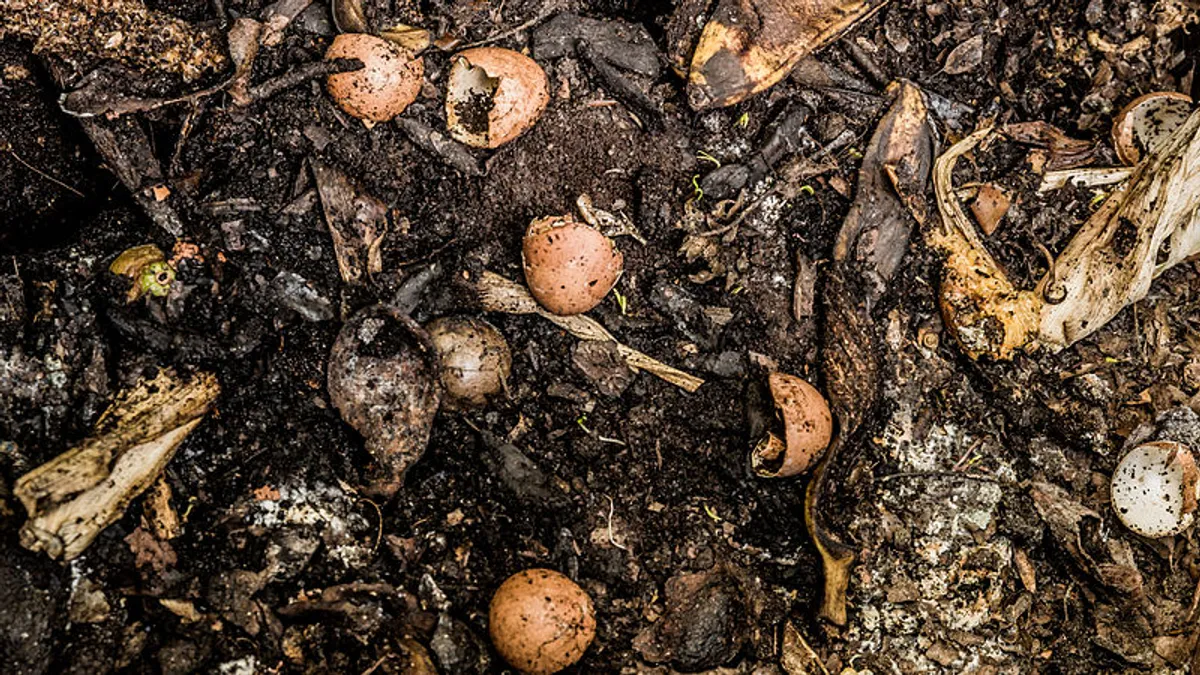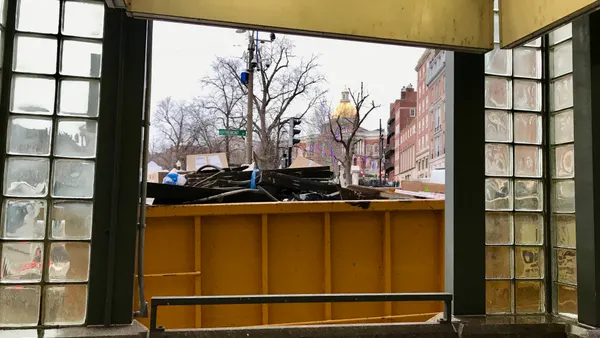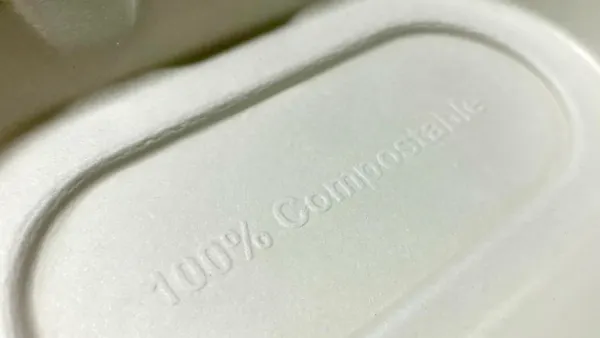Dive Brief:
- St. Lucie County planners in Florida are temporarily banning biosolids and new composting facilities as staff works to develop regulations stipulating where these operations can launch and how they can function. The moratorium will last no longer than one year due to a law that allows private-property owners to sue local governments that strip them of their rights to develop their property, as reported in TCPalm.
- The decision to crack down on these operations comes after CompostUSA requested building a facility on a vacant citrus grove, with plans to use sewage sludge to process compost. Residents and environmentalists protested, concerned about air and water pollution.
- County planners and attorneys will spend the next month writing the ordinance that will then go up for vote. In the meantime, composters can apply for permits under current development code.
Dive Insight:
The concept of composting is generating much discussion in the solid waste management industry as food waste is the largest category of household waste. But there continues to be debate about how to dispose of it.
CompostUSA’s plan was initially appealing to county officials; it was a way to divert rotting garbage from landfill. But on close examination, they changed their perspective.
"...Staff realized there were some serious concerns raised with air quality, water quality and the impact of heavy truck traffic on rural roads, which were never designed to handle that amount of traffic," said Deputy County Administrator Mark Satterlee.
CompostUSA voluntarily withdrew its request in November.
"There is no moratorium in place at this point," McIntyre said. "The legal effect of it doesn't take into account what the county intent was, but what is actually in the code."









